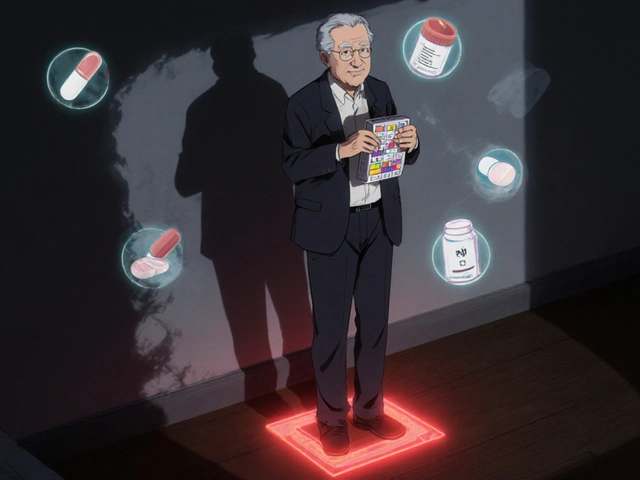What Is Inflammation and Why Does It Matter?
Inflammation is your body’s alarm system. When something irritates tissues—like an injury, infection, or a bad diet—the immune system sends out chemicals to protect the area. This shows up as redness, heat, swelling, pain, or loss of function. While short‑term inflammation helps you heal, chronic inflammation can sneak into everyday life and raise the risk of heart disease, arthritis, diabetes, and more.
Common Triggers You Might Not Notice
Most people think only about cuts or bruises, but many everyday habits keep the fire burning. Processed foods high in sugar and bad fats constantly feed inflammatory pathways. Lack of sleep, chronic stress, and smoking act like tiny sparks that never go out. Even a sedentary lifestyle can cause low‑grade inflammation because muscles aren’t moving enough to release anti‑inflammatory compounds.
Spotting Inflammation Early
Look for these signs: persistent joint pain, unexplained fatigue, recurring headaches, or a dull ache in the lower back. Skin can give clues too—red patches, eczema flare‑ups, or sudden acne may point to internal inflammation. If you notice more than one of these symptoms lasting weeks, it’s worth checking with a doctor.
Now that you know what fuels inflammation, let’s talk about easy ways to dial it down without prescription meds.
Simple Lifestyle Tweaks That Work
1. Eat anti‑inflammatory foods. Load your plate with leafy greens, berries, fatty fish (like salmon), nuts, and olive oil. These foods contain antioxidants and omega‑3 fats that calm the immune response.
2. Cut sugar and refined carbs. Even a small daily dose of sugary drinks can spike inflammatory markers. Swap soda for water or herbal tea.
3. Move more. Aim for at least 30 minutes of moderate activity—walking, cycling, or yoga—most days. Exercise triggers the release of myokines, natural anti‑inflammatory proteins.
4. Prioritize sleep. Your body does a lot of repair work while you’re asleep. Try to get 7‑9 hours and keep a consistent bedtime routine.
5. Manage stress. Chronic stress releases cortisol, which can worsen inflammation. Simple breathing exercises, meditation, or even a short walk can lower stress levels fast.
When to Seek Professional Help
If lifestyle changes don’t improve symptoms after a few weeks, or if you experience severe pain, fever, or swelling that limits movement, see a healthcare provider. Blood tests like C‑reactive protein (CRP) can measure inflammation levels and guide treatment.
Inflammation doesn’t have to control your life. By spotting the signs early and making a few daily adjustments, you can keep the fire under control and protect long‑term health.
28

Aspirin and Gallbladder Health: What the Science Shows
Research shows regular low-dose aspirin may reduce gallstone risk by lowering cholesterol in bile and reducing inflammation. Learn who benefits most, the risks, and what else supports gallbladder health.
10

How Sunburn Makes Rosacea Flare Up: Causes and Prevention Tips for Sensitive Skin
Get the facts about why sunburn triggers rosacea, explore inflammatory pathways, and discover practical, proven tips for stopping flare-ups before they start.




